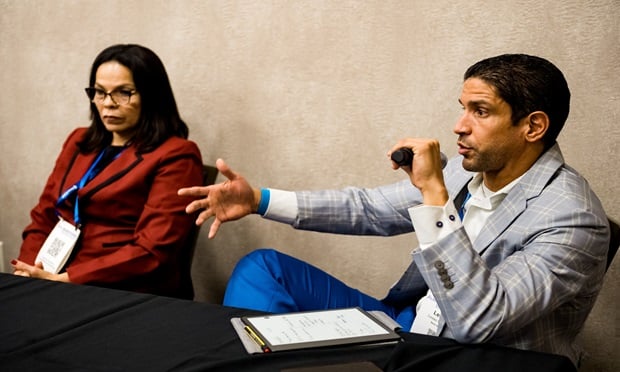On July 1, the interest rate charged on newly issued federal Direct Subsidized Loans for college (formerly Stafford Loans) increased from 3.4 percent to 6.8 percent. While there is some hope Congress may roll back part of the increase, parents may request your help deciding whether these loans still make sense. This is one reason to add college finance counseling to your repertoire of client services.
The answer is that Direct Subsidized Loans, which are needs-based and directly issued by the Department of Education (DOE), remain a pretty good deal – provided parents and student's plan ahead to create options. DOE pays all interest that accrues on student loans while the student remains in school at least half-time. For most four-year educational programs, this period can last up to six years. The maximum cumulative total of Direct Subsidized Loans a student can take currently is $23,000. (There is a 1 percent origination fee for all loan amounts.) After leaving college, students may qualify for an interest-free deferral period for an approved graduate fellowship program, period of unemployment of up to three years, military service, National Guard or reserve service.
Complete your profile to continue reading and get FREE access to BenefitsPRO, part of your ALM digital membership.
Your access to unlimited BenefitsPRO content isn’t changing.
Once you are an ALM digital member, you’ll receive:
- Critical BenefitsPRO information including cutting edge post-reform success strategies, access to educational webcasts and videos, resources from industry leaders, and informative Newsletters.
- Exclusive discounts on ALM, BenefitsPRO magazine and BenefitsPRO.com events
- Access to other award-winning ALM websites including ThinkAdvisor.com and Law.com
Already have an account? Sign In
© 2024 ALM Global, LLC, All Rights Reserved. Request academic re-use from www.copyright.com. All other uses, submit a request to [email protected]. For more information visit Asset & Logo Licensing.








